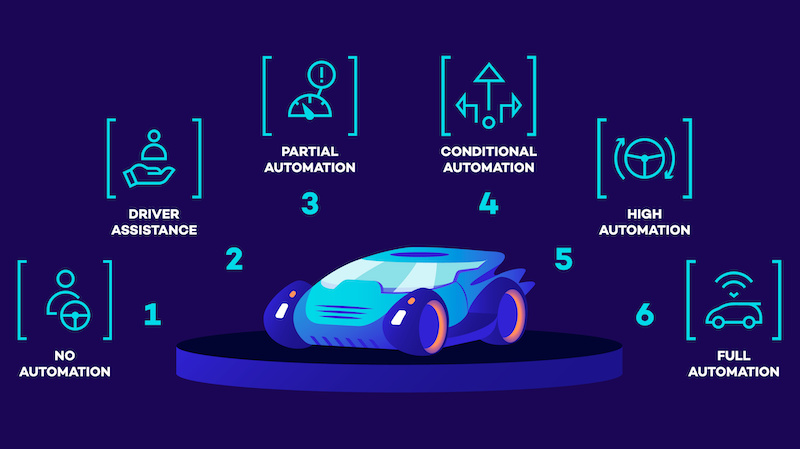Taking the world by storm, self-driving cars have been all the rage ever since they hit the market. Their advanced technology and superior design have also significantly contributed to their popularity.
However, as much as self-driving cars seem like something out of a science fiction movie, these dreamy vehicles are not perfect.
With car accidents being one of the most common personal injury claims, driverless vehicles now bring new complications to already challenging auto accident lawsuits.
If you or a loved one has incurred damages due to driverless cars, contacting a self-driving car accident lawyer is important to seek compensation.
Since self-driving accidents are relatively new claims, this article briefly discusses the factors that play a major role in determining liability.
Negligence In Personal Injury
Before proceeding with the nitty-gritty of liability, it is important to understand the basic principles of personal injury law.
In essence, personal injury refers to damage or harm sustained due to negligence or misconduct of another individual.
That is why establishing negligence and proving a breach of duty are important considerations in personal injury lawsuits.
In order to establish negligence and seek compensation, victims must:
- Prove the defendant owed them a duty of care
- The duty of care as breached by the defendant
- The injury sustained was caused by a breach of duty
- The victim has incurred damages due to the breach
If victims successfully establish that the defendant owed them a duty of care and breached the said duty, they are entitled to compensation. By extension, the breach of duty makes the defendant liable and responsible for the damages.
The Question Of Liability
As a legal theory, personal injury claims rely on negligence to determine liability and recover compensation for victims. But with no driver in the picture, clearly establishing negligence and liability can be difficult.
While liability would depend on the specifics of each case, in general, the following actors can be held responsible for self-driving accidents.
Human Operator
An important aspect to note about self-driving cars is that they are not entirely driverless. In any case, a human operator is always behind the wheel navigating basic operations.
Additionally, driverless cars come with different levels of automation, with each level outlining the degree of autonomy of drivers.
In this regard, human operators in driverless cars play a very important role. They are responsible for ensuring the vehicle operates appropriately and intervene in case of malfunction.
Liability for the accident may fall on the human driver if they are found to be reckless or if the accident was avoidable with human intervention.
Vehicle Manufacturers
Several self-driving car accident investigations have uncovered underlying manufacturing defects as the cause of the accident.
Mechanical issues like brake failures or other malfunctions can be key factors contributing to a car crash. In such scenarios, despite having considerable manual control, human operators may be unable to prevent an accident.
If your self-driving car accident was caused due to mechanical problems, you could seek compensation through a manufacturer or product liability claims.
However, those injured in the crash would be required to prove manufacturing defects caused the accident.
Technology Designer
Not all vehicle defects can be attributed to the manufacturer. In most cases, manufacturers can only be held accountable for accidents caused by faulty parts. If technological defects caused the crash, those responsible for designing it would be liable for compensation.
This is an important distinction since more driverless cars operate through advanced software and sensors. The technological advantage algorithms have over human decision-making also plays a role here.
Software designers would also be responsible for manual control issues arising from faulty software or programming.
Final Thoughts
Although there are provisions to determine liability in self-driving car accidents, it is important to note these are still relatively new claims.
This means determining liability is more complex than in other motor vehicle accidents. Victims may also have to share comparative negligence in some instances due to a lack of clear evidence.

